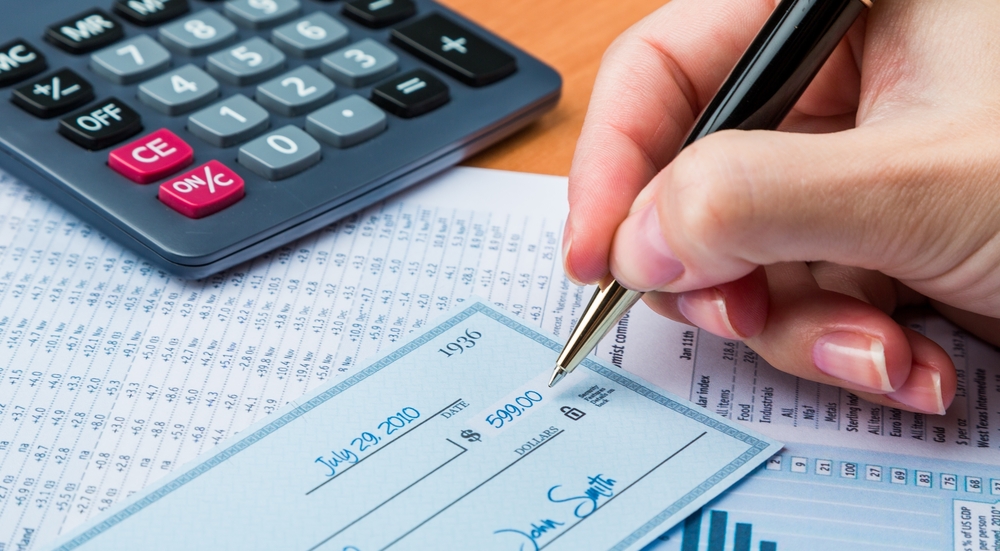Paying with Checks: Reviewing Advantages and Disadvantages
- While thought of as "old school," there are still advantages to using checks
- For many, checks still offer respite from carrying physical money
- At the same time, growing fraud makes caution necessary
Alternative Payments offers a comprehensive look at the advantages and disadvantages to paying with checks, along with a bit of history and key terminology.

The use of checks dates back to ancient times, with early forms appearing in Persia around the 1st century. Checks were introduced to the United States in the late 17th century by British banker Lawrence Childs. Before this, transactions were carried out through handwritten IOUs.
Over the centuries, checks have evolved as a cornerstone of financial transactions and play a significant role in modern banking. They have played an important role in the development of commerce by providing a secure and convenient method for transferring large sums of money without needing physical cash.
The article notes that following advantages in using checks:
- Security
- Record-Keeping
- No Transaction Fees
- Acceptance
- Personalization
Of course, we cannot ignore that checks do have their disadvantages as well:
- Processing Time
- Risk of Bouncing
- Physical Security
- Inconvenience
- Limited Use
- Security Concerns in Paying with Checks

For a detailed-yet-readable overview of check pros and cons, get comfortable and visit Alternative Payments' link.
Understanding Checks in the Digital Age
The article provides an overview of the role check payments plays as the industry move towards digital:
Despite the rise of digital payment systems, checks have adapted to the digital age. Many banks now offer services like mobile check deposit, allowing you to deposit checks using your smartphone. In the B2B arena, however, the overall use of checks is on the decline as more people and businesses opt for the convenience and security of digital transactions.
Digital payments, wire transfers, and ACH transfers have become increasingly popular when executing B2B transactions. Companies are gravitating toward e-invoicing and digital payment solutions knowing the importance of getting paid quickly and efficiently to accelerate their cash flow. As a result, the need for physical checks is slowly becoming obsolete.
The "decline of checks" is a bit overstated, particularly when it comes to B2B payments. From the most recent 2024 AFP Payments Fraud and Control Survey Report, "Seventy-five percent of survey respondents report that their organizations use checks, and nearly 70% of these organizations do not have plans to discontinue the use of checks over the next two years."
Checks will continue to play a major role in the payments industry, so financial institutions need to continue their inventment in AI and machine learning technologies for both automate the processing of checks and increased detection of check fraud.